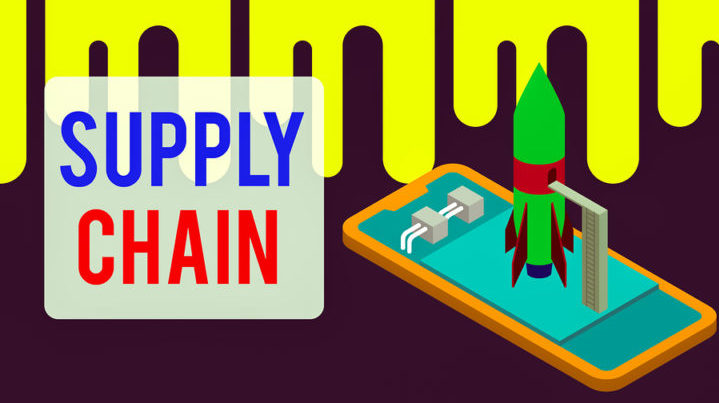The past year has seen an increase in demand for supply chain financing products, particularly with COVID-19 affecting the survival of many Australian businesses. While banks offer products such as traditional trade finance and overdrafts, less than 50 per cent of financiers provide alternative forms of financing, such as factoring, forfeiting and receivables discounting. Subsequently, the needs of SMEs are often overlooked and are not adequately met by traditional financiers, with more specific and flexible working capital solutions required in the market.
Supply chain financing products need to be streamlined and automated, with an emphasis on fit-for-purpose. Here are the top five reasons why small businesses need to use supply chain finance.
- Provide cashflow
Strong cashflow is an important factor in ensuring long-term business viability and success. Supply chain financing is an alternative finance method that help businesses extend their payment terms. Buy Now Pay Later B2B solutions such as UnLock can extend supplier terms for 30, 60 or 90 days. As a result, business cashflow is freed up and the improved working capital can be redirected towards staff wages, equipment or stock. - Establish strategic vendor relationships
Strategic vendor relationships can be established through supply chain finance. Vendors are paid on time, removing stress that business owners may have with cashflow. The objectives of the partnership should be structured so that there are equal opportunities for profitability and create a win-win situation for both parties involved. - Negotiate early settlement discounts
One of the main benefits of using supply chain finance is that businesses can negotiate early settlement discounts with suppliers. This can be done by having access to fast payment and a strong relationship with vendors. The settlement discounts flow directly into profits while still paying at invoice maturity. - An extension to Accounts Payable process
Supply chain lending is not a loan, but an extension of your Accounts Payable process. It is included in the off-balance sheet, meaning there will be general improvements in the balance sheet. The off-balance sheet nature of supply chain finance enables to add financing providers despite potential restrictions from debt covenants. It also works alongside major lender facilities such as Line of Credit or Overdrafts. - Not secured by property collateral
The use of supply chain financing products lowers the personal risk associated with directors. Another benefit is there is no personal credit check, but rather it is commercially based on director and commercial business scores.
Leo Tyndall, Founder and CEO, Marketlend












